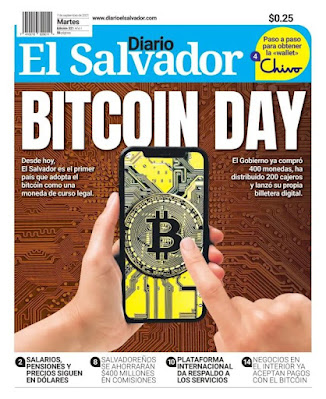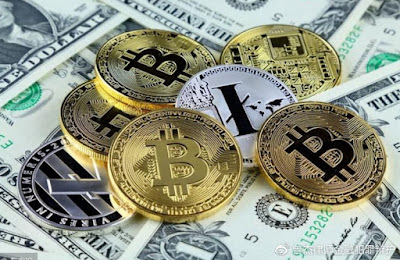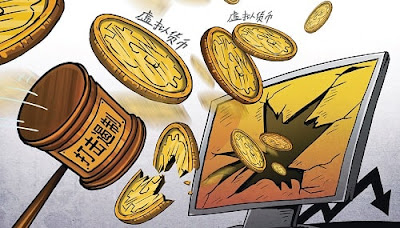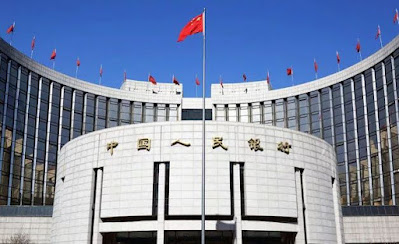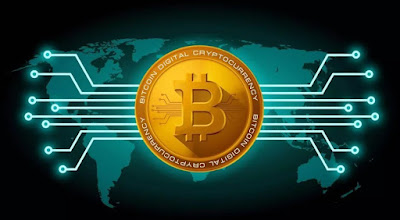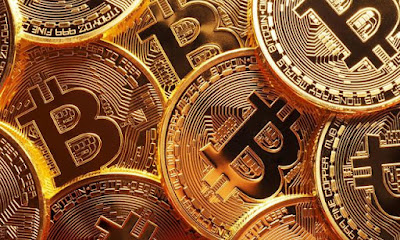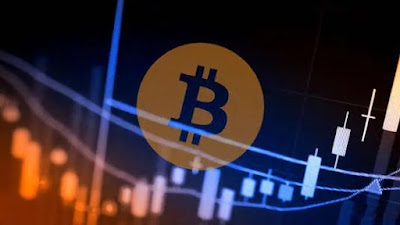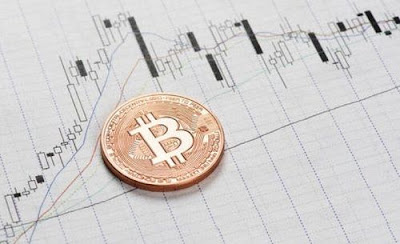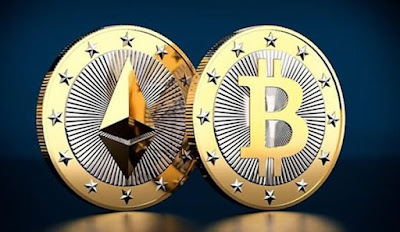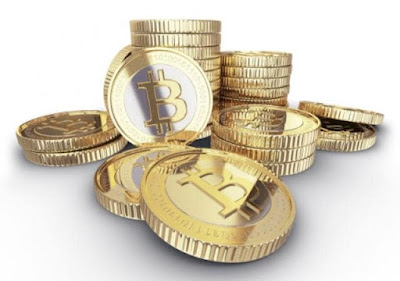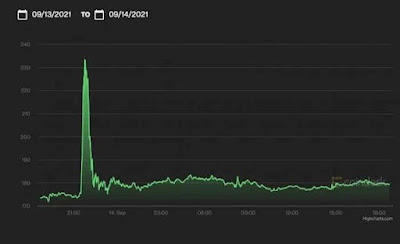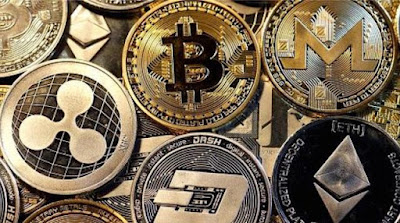Bitcoin obtained the same status as the U.S. dollar. This country chose to list it as legal tender, but the price plummeted by 18% in a single day, evaporating 27.8 billion yuan in one day. Why did Bitcoin fluctuate so much?
Bitcoin becomes legal tender
Speaking of Bitcoin, this is a virtual currency theory proposed by a Japanese-American Satoshi Nakamoto. It was officially born on January 3, 2009. It is different from ordinary currencies. This type of currency is a transaction that is realized through peer-to-peer data transmission and is safe. The sex is guaranteed by the encryption design. It is such an obscure-sounding virtual currency that has now become a legal tender that keeps pace with the US dollar.
On September 6, the price of Bitcoin rose to 52,000 U.S. dollars, and on the next day, the Central American country El Salvador proposed a new decision, which clearly stated that Bitcoin will be used as domestic legal tender and allowed to engage in market circulation. Trade and open a bitcoin account to get a $30 bitcoin reward.
In fact, as early as June of this year, El Salvador has already proposed and passed this decision, and it is expected to be formally implemented in September. El Salvador officially expressed the hope that the legalization of Bitcoin can achieve investment in domestic businesses, and it is also for the convenience of overseas Chinese. Transfer of foreign exchange.
As of September 8th, El Salvador had purchased 550 Bitcoins. Based on the Bitcoin price at the time, El Salvador had spent 26 million U.S. dollars in one go. Not only that, El Salvador has also set up a 140 million U.S. dollar fund to help users convert U.S. dollars into Bitcoin for use.
After El Salvador officially announced the news, the price of Bitcoin continued to rise. Until September 8, the transaction price of Bitcoin exceeded $52,600.
BitCoin Prices plummeted by 18%
At present, El Salvador has become the only country in the world to do so. At first, the decision was strongly opposed by its nationals. Since June this year, its nationals have continued to take to the streets to protest.
According to an information survey conducted by the University of Central America, nearly 70% of respondents indicated that they refused to change Bitcoin to legal tender.
Most of them think that they don’t know how to use Bitcoin, and doing so will only disrupt the economic order of the country. Of course, there are also people who approve of the bill in the country. They believe that the acceptance of Bitcoin is on the rise. By then, other countries will Will also participate in it, and El Salvador will also benefit from the advance layout.
As El Salvador’s move drew debates between support and opposition, the price of Bitcoin has also seen a continuous rise in a short period of time. The combination of a variety of unstable factors has caused the transaction price of Bitcoin to start to fall, just at 9 On the 7th of July, the transaction price of Bitcoin shrank by 18% in one day, and the single transaction value fell to $43,000.
US$4 billion evaporated a day
At present, investors' enthusiasm for Bitcoin is very high, and most countries are cautious about the virtual currency. Few countries like El Salvador have tried it first.
For El Salvador, increasing bitcoin holdings is mainly for self-interest. According to foreign media reports, El Salvador has a total population of 7 million, of which 25% of the residents go overseas, mainly in developed countries such as the United States.
After earning income, these overseas workers send the money back home for family use by mail, which brings a huge amount of foreign exchange income to El Salvador. As of 2020, El Salvador’s central bank information stated that the total foreign exchange of domestic overseas nationals Has reached 5.9 billion US dollars.
And this will also incur some additional costs, such as a 10% cross-border remittance fee. However, if you use Bitcoin to transfer money, such a fee does not exist. Therefore, El Salvador’s biggest idea with Bitcoin is to save foreign exchange expenses.
As early as August 23 this year, El Salvador officials stated that the country is installing Bitcoin self-service ATMs throughout the country, with a total of 200 self-service ATMs installed in 50 domestic financial centers.
However, this approach has not been widely recognized internationally. Not long ago, the International Monetary Fund stated that Bitcoin is indeed safe and can avoid high circulation costs, but the potential risks far outweigh the benefits.
The IMF stated that in order to avoid affecting domestic economic development and international economic order, it will try to reduce its currency dependence on Bitcoin as much as possible.
But now Bitcoin has already had problems. On September 7, a total of 400,000 Bitcoins in the world were sold out, and losses amounted to more than US$4 billion.


